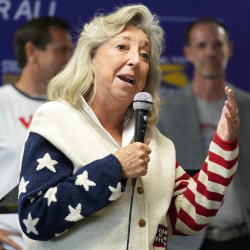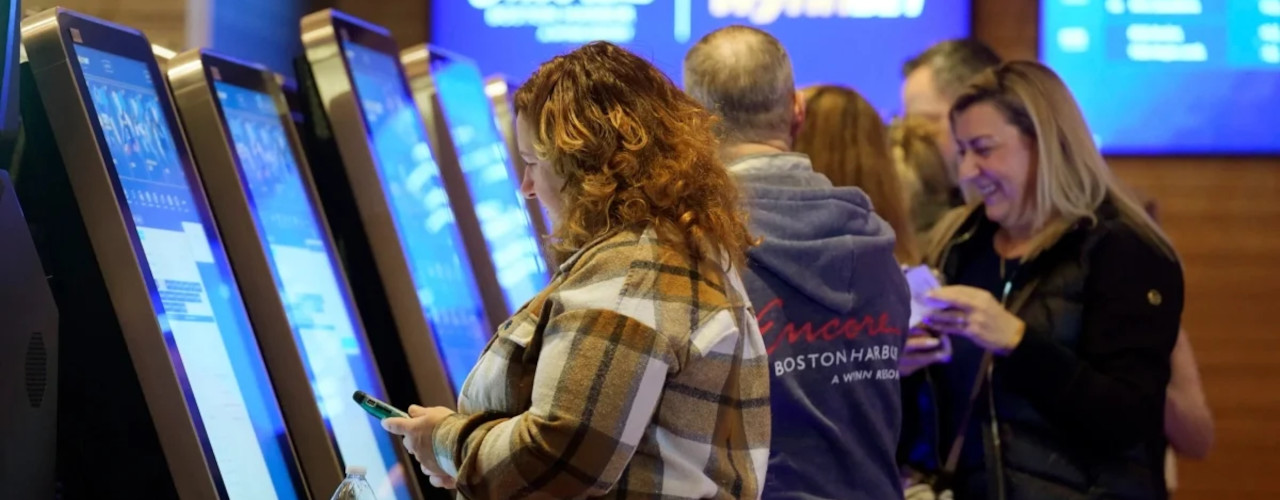Last updated on January 19th, 2024 at 07:10 pm
Senator Richard Blumenthal of Connecticut and Representative Andrea Salinas of Oregon proposed a sports betting excise tax. Also, it is part of the Gambling Addiction, Recovery, Investment, and Treatment Act or GRIT Act.
Half of the sports betting tax goes to the National Institute on Drug Abuse and the Substance Abuse Prevention and Treatment Block Grant each. As per pay per head bookie reports, the money will go toward various initiatives to reduce the negative consequences of compulsive gambling.
The American Gaming Association, or AGA, opposes Blumenthal and Salinas’ plan. The sports betting excise, established in 1951, is under fire from the casino lobby. Also, they want Congress to repeal it.
Licensed sportsbooks in 40 states face competition from unregulated offshore internet bookmakers, per the American Gaming Association. Also, offshore sportsbooks do not excise tax.
Nevada’s U.S. Representative Dina Titus (D) co-chairs the House Congressional Gaming Caucus. Titus and Reschenthaler proposed a bill last year to repeal the federal excise tax on sports betting.
Proposed Sports Betting Excise Tax
 Furthermore, Titus is against the GRIT Act. She argues that the federal law is unnecessary since taxes on sportsbooks and casinos already fund problem gambling research.
Furthermore, Titus is against the GRIT Act. She argues that the federal law is unnecessary since taxes on sportsbooks and casinos already fund problem gambling research.
According to Blumenthal and Salinas, the ongoing development of gaming has left state health authorities and problem gaming groups drastically underfunded. Commercial casinos were legal in only eight states in 1999, while slot machines are legal in 35 states now.
According to the AGA’s State of the States 2023 report, commercial gaming income hit $60.4 billion in 2022, surpassing the previous high of $53 billion achieved in 2021. The gaming taxes collected by commercial gaming in 2022 brought in over $13.5 billion for state and municipal coffers. From 2020 to 2022, the tax revenue increased by almost 15%.
Although most jurisdictions that allow commercial gambling mandate that licensed operators pay for problem gaming programs and research, the portion of the gaming tax that goes toward this purpose is often relatively little. According to sportsbook PPH experts, the elderly primarily benefit from New Jersey’s casino taxes.
The Casino Control Act requires every licensed casino in New Jersey to contribute half a million dollars to the New Jersey Council on Compulsive Gambling and one hundred thousand dollars to treatment programs for compulsive gambling every year. The Compulsive Gambling Council receives $250,000 annually from all iGaming licensees. Thus, you need to know the taxes while learning how to be a bookie in the US.
Don’t miss out on this game-changing opportunity. Sign up with SportsBettingSolutionAsia.com today!








